Voters Think Media Has Too Much Influence Over Government
Senator John McCain told the U.S. Senate yesterday ahead of the health care vote to tune out media personalities and trust one another instead. Voters think that's a good idea.
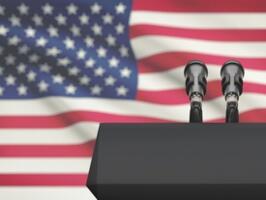
Senator John McCain told the U.S. Senate yesterday ahead of the health care vote to tune out media personalities and trust one another instead. Voters think that's a good idea.

As Congress mulls slapping additional economic sanctions on America’s foes, voters tend to agree that sanctions work and make this country safer.
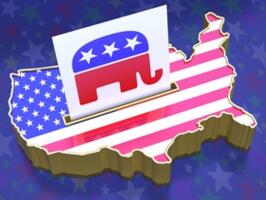
Over six months into the Trump presidency, Republican voters still say they relate more to the president’s political views than those of their party's representatives in Congress.
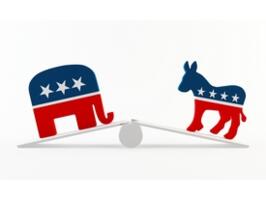
Republican voters appear to have lost the enthusiasm they showed earlier this year about their Congressional leaders, and now Democrats are following suit.

Most voters think Congress doesn’t listen to them and is more interested in making the media happy.

Despite wall-to-wall media coverage of the Trump-Russia allegations, just one-out-of-four voters rate them as the most serious problem facing the nation. For most voters, economic issues, Obamacare and other problems are more serious.
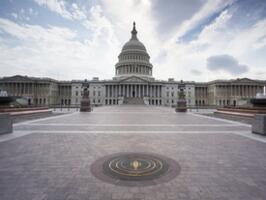
The Declaration of Independence says that governments derive their authority from the consent of the governed, but only one-in-four voters think the American government today has that consent.

Kid Rock recently announced his intention to run for the U.S. Senate seat in Michigan next year, but despite a celebrity winning the White House, voters aren’t any more likely to say they’d vote for a prominent entertainer.

Despite their control of both chambers of Congress, Republicans have been unable to agree on any significant legislation this year and have failed to advance any of President Trump's reform agenda.

Following a new CBO report on President Trump’s federal budget proposal, most voters still support thoughtful spending cuts in every area of the federal government, but differ across partisan lines over proposals to leave some cuts off the table.
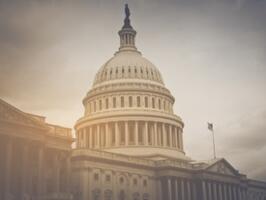
Voters still place preference on a smaller, more hands-off government than on a larger, more hands-on one.

Following his speech in Poland last week, some are calling President Trump’s remarks touting the values and strengths of the West Ronald Reagan-esque. And half of voters think that’s whose foreign policy Trump should emulate, rather than that of his most recent predecessor.
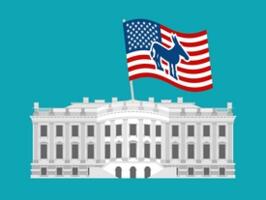
When it comes to power in Washington, there are two major players: the president and Congress. And most voters, including most Democrats, would rather their political party run the latter.

The Trump administration is reportedly considering sending new suspected terrorists to the Guantanamo Naval Base prison camp in Cuba, and most voters think that’s a good plan.

Democrats need to pick up at least 25 new seats to take control of the U.S. House of Representatives in next year's elections, but even after several high-profile losses in special elections this year, Democrats remain confident they can do it. Other voters are not.
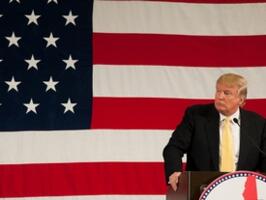
Voters agree that President Trump is pushing harder for America than his recent predecessors in the White House but question his relationships with other world leaders. Most also aren’t as optimistic as Trump that the West will survive.
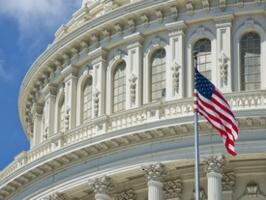
California is on the brink of declaring itself a sanctuary state which would shield illegal immigrants from federal immigration authorities. But most voters don’t think states should have the right to go against the federal government.

Most voters continue to think highly of the U.S. military and feel its primary role is to fight enemies -- not play peacekeeper.

The Trump administration is preparing to use military action against North Korea if deemed necessary, but most voters already think our military is stretched too thin and don’t want the United States policing the world.

Nearly half of voters agree with a request by the heads of the Army, Air Force and Navy to delay military enlistments by transgender people pending further study.